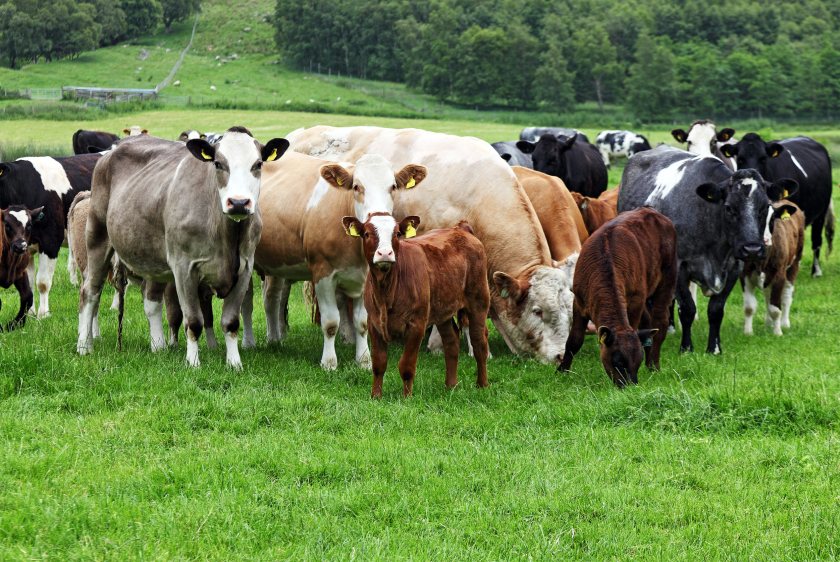
NFU Scotland has issued a strong warning that recent UK government tax policies are jeopardising the future of farming and food production in the country.
In a formal letter to the chancellor, the union has outlined serious concerns over the fiscal measures announced in the autumn budget on 30 October.
These include proposed IHT changes to agricultural property relief (APR) and business property relief (BPR), as well as increases to employer National Insurance Contributions (NICs).
The reclassification of double-cab pick-up trucks for tax purposes and the implementation of the Carbon Border Adjustment Mechanism (CBAM) are also issues.
NFU Scotland warns that these are already undermining food security, curbing agricultural investment, and threatening the viability of rural businesses across the UK.
While the union has previously raised these concerns to the UK government, the growing urgency of the situation has prompted a call for immediate discussions with the chancellor’s team.
Findings from independent research conducted by CBI-Economics, based on input from over 4,000 UK farms and businesses, highlights the scale of the impact of these measures.
Nearly half of all farms surveyed (49%) have either paused or cancelled investment plans, while another 34% have reduced or delayed investments.
Meanwhile, 14% of respondents intend to sell assets or parts of their farms, and 10% have already downsized operations since the budget. Alarmingly, 21% of farms plan to downsize further before April 2026.
NFU Scotland President Andrew Connon said: “Farmers across Scotland are already pulling back investment, cutting jobs, and in some cases, being forced to walk away from their businesses.
“We understand the pressure on public finances, but if the government wants economic growth, it must start with food security and the rural economy.”
What is NFU Scotland calling for?
To help stabilise the sector and protect food production, NFU Scotland is calling on the UK government to take four actions.
First, it should postpone the planned increase in employer National Insurance Contributions for farms, as these additional costs would place strain on supply chains, raise concerns around food security.
Second, the government should delay the implementation of the Carbon Border Adjustment Mechanism and enter into dialogue with the industry to fully understand its potential impact.
Third, NFU Scotland urges the government to exempt double-cab pick-up vehicles used in agricultural businesses from the new tax rules.
Treating these essential vehicles as regular cars for tax purposes from April 2025 would impose additional financial burdens on farming operations.
Finally, the union encourages the Treasury to reconsider its proposed changes to agricultural property relief (APR) and business property relief (BPR).
